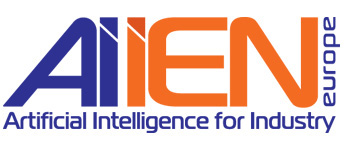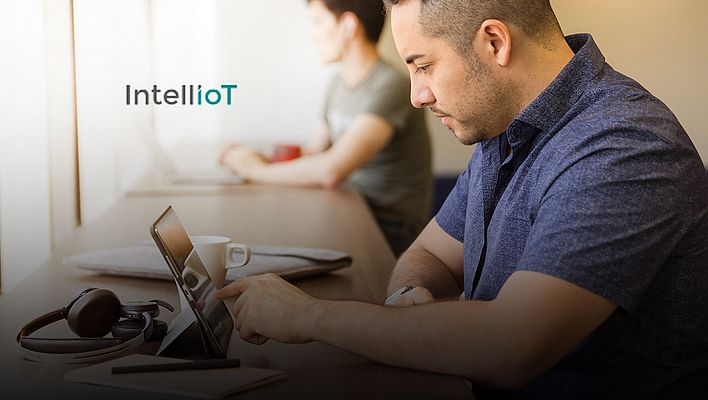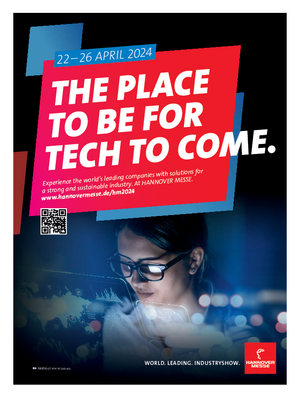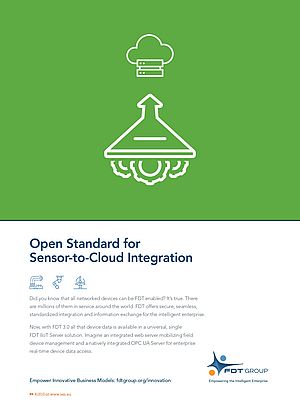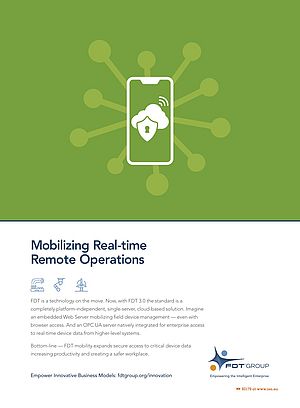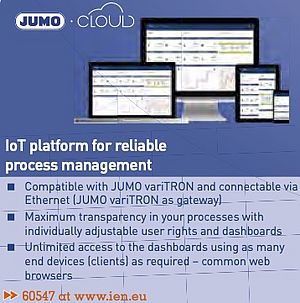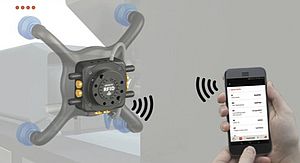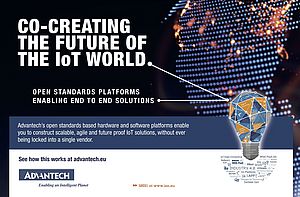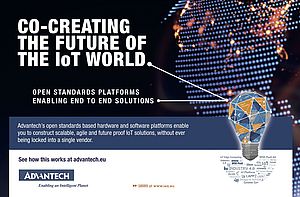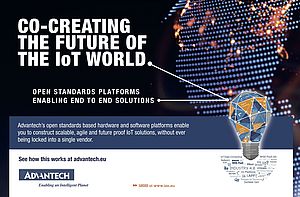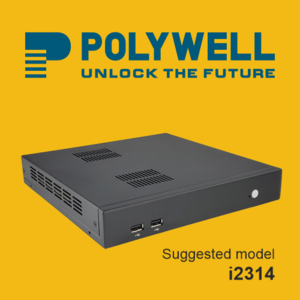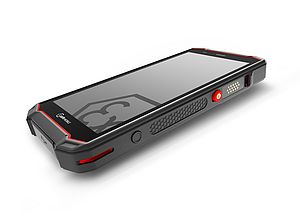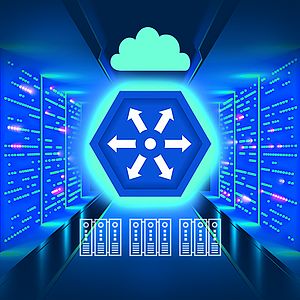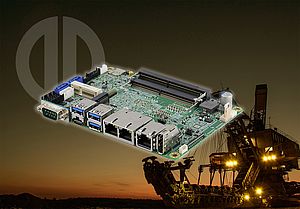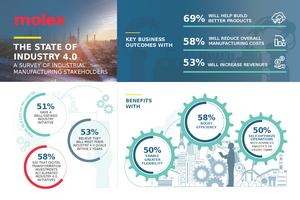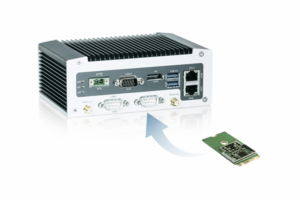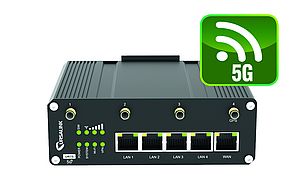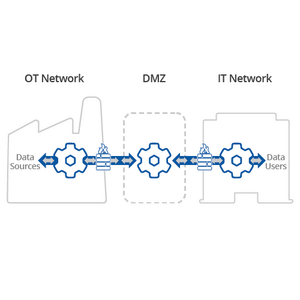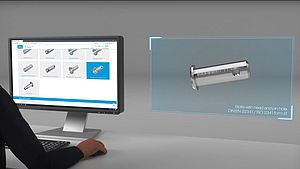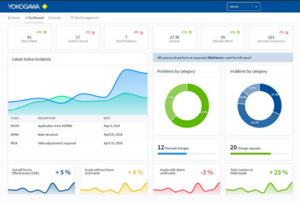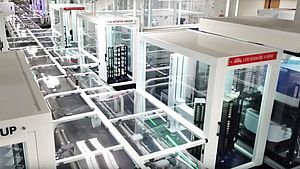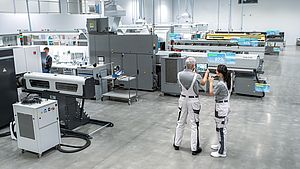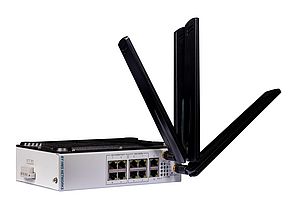The European Commission has embarked on an €8 million project called ''IntellIoT'' to champion intelligent, autonomous, and human-centered healthcare solutions. The three-year project, comprising a consortium of 13 partners from 9 countries, will enable autonomous IoT-systems that show intelligence at the edge close to the user, where patients receive instantaneous healthcare advice without transferring a large amount of data to central premises. Not only will this help with immediate coronavirus issues, but it will also help with any future outbreaks. With the help of Artificial Intelligence (AI) and Internet of Things (IoT) technologies, patients with cardiovascular diseases will be treated remotely easier, faster and with higher quality.
The Covid-19 crisis has posed unprecedented demands on healthcare systems worldwide, highlighting like never before the need to develop new, human-centered and autonomous technologies that can dramatically optimize patient-management and treatment. In the fight against the coronavirus, digital technologies play an unprecedented role in the maintenance of daily life and economic and social activities, as well as in the recovery of industry and business. The use of biometric sensors and remote health assistance allows close monitoring without the need for face-to-face consultation or physical hospital visits. Activity trackers and health monitoring devices are instrumental for the early detection of the disease or possible infection, right up to the point where a virus infection starts to spread.
Rethinking healthcare
“There is however a need to rethink healthcare in light of this pandemic,” iterates Rolf Riemenschneider, Head of Sector for Internet of Things at the European Commission. With an investment of about €80 million under the focus area of Digitizing European Industry, the Commission has developed interoperability mechanisms for integrating healthcare devices into our daily lives. “Accelerated through Covid-19, IoT applications now need to look beyond connecting a variety of different wearable devices, by adding intelligence, autonomy and security to the IoT edge node, close to the users.”
“IntellIoT stands for Intelligent IoT”, explains Vivek Kulkarni, Senior Key Expert at the Corporate Technology department of Siemens AG and the Coordinator of the consortium. “Together with the partners, we aim to develop a reference architecture to enable IoT environments for (semi-)autonomous IoT applications endowed with intelligence that evolves with the human-in-the-loop, based on an efficient and reliable IoT/edge-(computation) and network-(communication) infrastructure”. This framework will be able to dynamically adapt to changes in the environment with built-in and assured security, privacy, and trust.
IntellIoT is one of six research and innovation actions (RIA) initiated by the European Commission in 2020, specifically with the goal of developing innovations and collaborations by concentrating on “Next–Generation Internet of Things” powered by 5G, designating a €47.9 million EU budget to these six activities in question.
Powering the future of healthcare
Championing the development of integrated, distributed, human-centered and trustworthy IoT environments, IntellIoT is made up of 13 partners, including the University General Hospital of Heraklion, which has been put to the test throughout the pandemic.
“The rapid spread of the novel coronavirus has challenged healthcare systems across the world”, explains the hospital’s Prof. Fragkiskos Parthenakis. “In the beginning of the pandemic we all faced a lack of information and data, be it patients, doctors and political decision makers. Over the last months, we have learned that data is very important for decision making in any sector but especially in healthcare. Intelligent IoT solutions that provide humanized, trusted and secure data will help facilitate the use of distributed AI for decision making and better service in healthcare in the future.”
Over the course of the next three years, IntellIoT will leverage technologies in 5G, cybersecurity, distributed computing, augmented reality and tactile internet that can empower healthcare professionals and establishments to work more efficiently and with greater insight, and that places patients’ needs and their wellbeing at the forefront.
The use case specifically supports the remote care of patients with cardiovascular diseases; a patient group who are particularly at risk. By allowing remote care, unnecessary hospitalizations can be prevented, pressure on hospitals is relieved, healthcare costs are reduced, and the quality of patient care is improved. New IoT applications will enable autonomous health monitoring and interventions by carefully preserving the privacy and security of patients’ data and providing trust assurance. Patients will be engaged via a rehabilitation program e.g. heart failure patients or patients recovering from cardiac arrests. They can use sensors and devices without being limited to their home or to the hospital for carrying out the rehabilitation. This way, patients can re-immerse into their normal environment safely and quicker than what is currently possible, or they can be treated remotely in order to reduce the risk of further infection. Clinicians act as human-in-the-loop, receive updates from the IoT-supported solution, and are notified when their intervention is required.
AI algorithms for healthcare and new tech architectures
In the special healthcare project, the University General Hospital of Heraklion will work with experts from health technology company Philips, with the aim of developing AI algorithms that support existing diagnostic healthcare devices and sensors, and to evaluate new tech architectures with end-users, such as patients and medical experts in realistic environments at the hospital. Through enabling new technologies, IntellIoT can help furnish the hospitals of the future with intelligent devices that autonomously conduct health monitoring and interventions, and analyse large swathes of data while relieving pressure on otherwise overloaded healthcare systems. Such developments are especially pertinent in the context of a pandemic, in which remote and sophisticated patient management is paramount.
“By applying AI in a way that improves decision-making for healthcare providers, IntellIoT has the potential to help capture and make sense of each patient’s data throughout their unique care pathway, ultimately supporting the quadruple aim: an improved experience for staff and patients, better health outcomes and a lower cost of care,” said Anca Bucur, Senior Researcher at Philips.
A multifaceted project spanning three key industries
Apart from healthcare, IntellIoT will foster the creation of IoT solutions applicable to agriculture and manufacturing, while fomenting an ecosystem united by a shared vision committed to privacy, security, trust, and in which the intelligence of humans and devices can seamlessly intertwine.
With collaboration and open-source sharing being two cornerstones of the European Commission regarding its projects, IntellIoT will hold two open calls geared towards enabling startups and SMEs to build applications, services and extensions on the project’s framework in three concrete use cases: 1) healthcare, 2) agriculture and 3) manufacturing. SMEs and startups will receive up to €150,000 to execute pilot projects alongside the 13 consortia partners, in order to apply the IntellIoT technology, improve their products and services, and create new jobs.
“The goal of this collaboration will ensure the applicability of the technology framework developed by IntellIoT in real-world scenarios, as well as to allow innovative solutions created on top of the IntellIoT framework and to build an ecosystem around the technology for exploitation beyond the project lifetime”, says Arne Bröring, Senior Key Expert Research Scientist at the Corporate Technology department of Siemens AG and Technical Project Manager of IntellIoT
